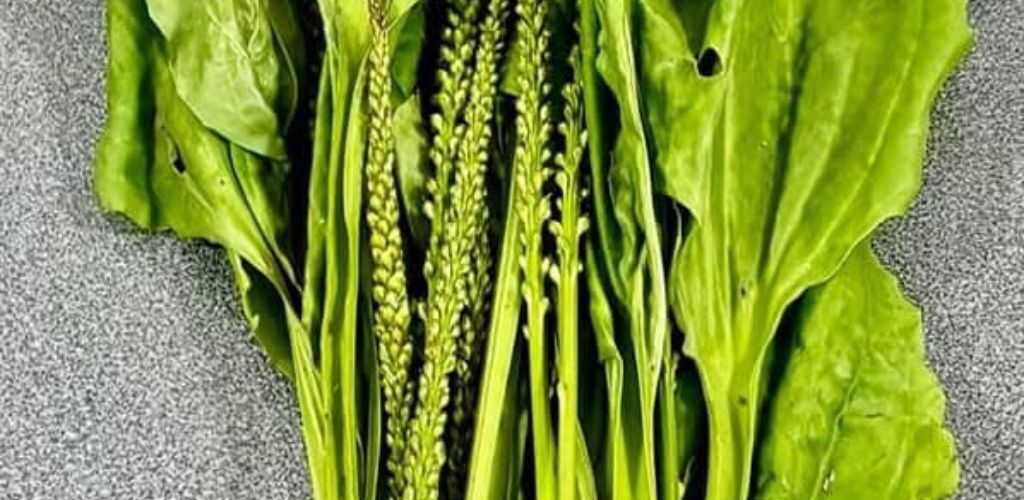26.02.2025
PLANTAIN This plant is a medicinal treasure and many do not know it, it grows even in the street, we tell you how to use it to combat ulcers, heartburn, gastritis, urinary infections, and more.
Plantain (specifically Plantago major and Plantago lanceolata) is indeed a widely recognized medicinal plant with a long history of traditional use. It’s often found growing in abundance in many places, including along roadsides and in cracks in sidewalks. Here’s a breakdown of its medicinal properties and how it’s traditionally used:
Medicinal Properties:
- Anti-inflammatory: Plantain contains compounds that can help reduce inflammation.
- Wound Healing: It’s traditionally used to promote wound healing and soothe irritated skin.
- Antimicrobial: It has some antimicrobial properties, which can help fight infections.
- Demulcent: It can soothe irritated mucous membranes, making it useful for coughs, sore throats, and digestive issues.
- Astringent: It can help to tighten tissues and reduce bleeding.
- Diuretic: Can help to increase urination.
Traditional Uses:
- Digestive Issues:
- Ulcers, Gastritis, and Heartburn: Plantain can help soothe the lining of the stomach and intestines, relieving irritation and reducing symptoms.
- It helps to neutralize excess stomach acid.
- Urinary Infections:
- Its diuretic and antimicrobial properties can be helpful in supporting urinary tract health.
- Wound Healing:
- Crushed plantain leaves can be applied directly to cuts, scrapes, insect bites, and burns to promote healing and reduce inflammation.
- Respiratory Issues:
- Plantain tea can be used to soothe coughs, sore throats, and bronchitis.
- Skin Conditions:
- It can be used to treat eczema, dermatitis, and other skin irritations.
How to Use Plantain:
- Plantain Tea:
- Steep fresh or dried plantain leaves in hot water for 10-15 minutes.
- Strain and drink the tea.
- Plantain Poultice:
- Crush fresh plantain leaves and apply them directly to wounds or skin irritations.
- Cover with a clean cloth.
- Plantain Infused Oil:
- Infuse dried plantain leaves in a carrier oil (like olive oil) for several weeks.
- Strain and use the oil topically.
- Eating the leaves:
- Young tender leaves can be eaten raw, or cooked.
Important Considerations:
- Identification: Ensure you correctly identify plantain before using it.
- Cleanliness: If harvesting wild plantain, choose plants from clean, unpolluted areas. Wash the leaves thoroughly.
- Allergic Reactions: While rare, some people may be allergic to plantain. If you experience any adverse reactions, discontinue use.
- Medical Advice: If you have any underlying health conditions or are taking medications, consult with your doctor before using plantain medicinally.
- Not a replacement for medical care: Plantain is a very useful plant, but it is not a replacement for medical care. If you have a serious condition, please go see a doctor.
